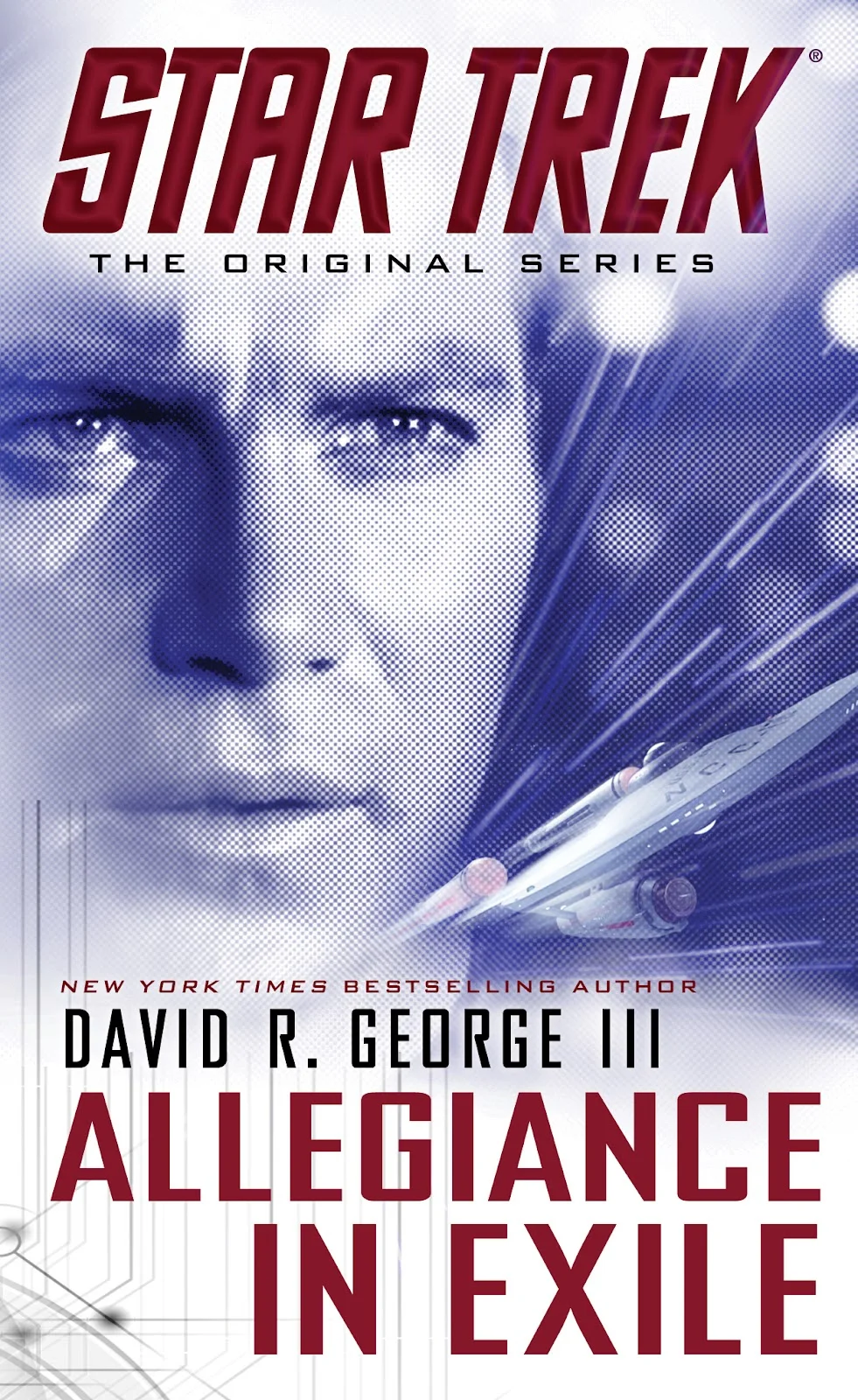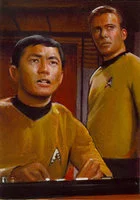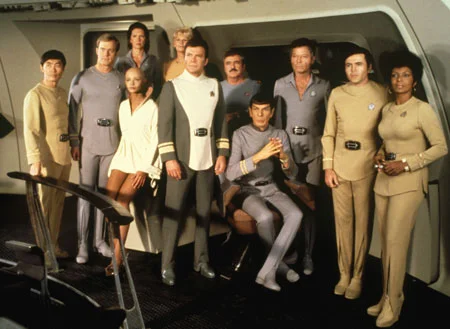by Matthew Rushing
David R. George III’s new Original Series novel takes the crew of the Enterprise to the edge of the final frontier and brings introspective challenges for two of the main crew members. Set in the final year of the first five-year mission, the crew will face an unknown enemy, meet some new friends, and leave changed forever.
Hero of His Own Life?
“I have long feared that my sins will come to visit me and that the costs will be more than I can bear.”
— Benjamin Martin
In the beginning of the last year of Kirk’s first five-year mission, he finds his future unclear. He is not sure whether Starfleet Command is going to offer him a promotion, a new command, or allow him to retain his captaincy of the Enterprise. Throughout the year, he finds himself thinking over the decisions of the past four years. He sees his triumphs and his glaring mistakes. While Kirk has his supporters at Starfleet Command, his leadership style also has its detractors. He is left questioning not only himself and his choices, but the way in which they will affect his future.
Kirk is faced with the same problem that so may face: The way in which his choices have affected him, for good or ill. Kirk worries that his bold and seemingly reckless command style may leave him a desk jockey, rotting away with no chance at making a difference. The past can leave a person paralyzed and unable to move forward for fear that the the wrong decision will be made, but Kirk does not allow this to happen. He knows that mistakes are to be learned from and the future, though unknown, is not something to be feared. It is a powerful lesson that can take years to learn.
The Burden of Command
Sulu is on the opposite side of the coin from Kirk, and his growth is a nice counterbalance and foil for Kirk. Sulu has fallen in love with one of the Enterprise’s new archaeologists. Because of Kirk’s orders, she is injured and left with a life expectancy of only a few years. Sulu is furious at Kirk and even transfers to another vessel because of it. He needs someone to blame and Kirk is the perfect scapegoat.
Through the events of the book, Sulu is forced to take command of the new ship he has been assigned to, and because of his orders, people die. What follows is a heartfelt conversation between Kirk and Sulu that shows just how good a captain Kirk is and how much Sulu has to learn.
“But somebody’s going to be out here making decisions — sometimes life-and-death decisions. I’d rather those decisions get made by somebody for whom it is a burden. I don’t want the commander of a starship issuing orders without knowing the gravity of the situation…without understanding the possible repercussions of their orders.”
Sulu is not ready to bear this weight. Kirk, on the other hand, is shown to be a man of deep conviction who will do what he feels is right and be willing to stand by his decisions. The burden that command has placed on him is heavy, and George does not shy away from showing the toll that it takes on Kirk. This is the real strength of this book: It gives the reader a much deeper understanding of what it is like to be a captain. In many ways, it mirrors Henry IV’s words, “Uneasy lies the head that wears a crown.”
Conclusion
This book is a character study of Kirk and Sulu, and the action that happens serves the growth of these two men. Allegiance in Exile a contemplative book with deliberate pacing, giving room for Kirk and Sulu to breathe and explore the ways in which their lives are changing. It was good to see Sulu in the the spotlight in this novel and grow as a character. George sets up Kirk and Sulu well as they move into the “Lost Years” between the end of the five-year mission and The Motion Picture, and plants the seeds for what will come after. The resolution also has some fun surprises for Trek fans that will leave you wanting more. This book is rated 7 out of 10 photon torpedoes.




